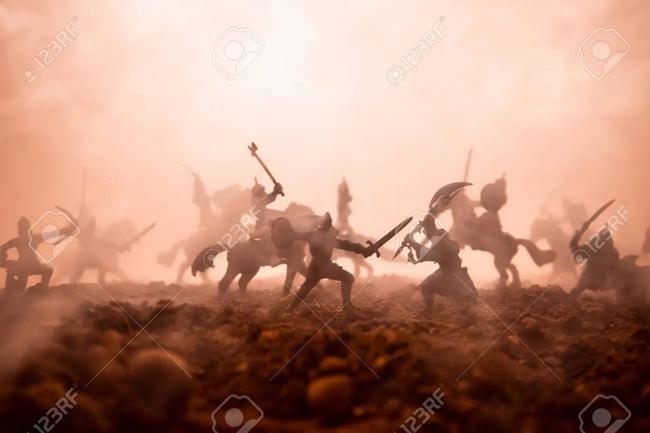I was twelve, on my way to ballet, staring at my reflection in the passenger mirror, when my mother said, “Grace Kelly—you look just like Grace Kelly.” Indeed for a moment for some, I was beautiful. Cheekbones and legs. At the barre, in the wings, stoned on the playground at midnight, I prized beauty above all. Beauty, I thought, was power.
I was thirteen or fourteen when I was raped. I can’t remember. It was October. I can’t remember if it happened before or after my birthday. I mean, if I think really hard I can, but I try not to. I hate to. If I go too deep into it, I feel like I’ll fall apart, break into a thousand Giselles. Or worse, I’ll become the villain of classical dance, that old muttering witch. I think that’s why I was drawn to the works of George Balanchine, whose ballets are as much about the music, lines, and energy, as they are about the people who dance them.
Look, I’ve done it. I’ve broken from the rape scene to write about something else. From the ancient studio I hear, Don’t break the line—make it round, make it perfect, make it clear.

He had dark eyes, a sly smile, and a strong, small build—from holding his cello, I thought, close to his body. He wasn’t gay. He was bi. He passed. His friends were straight. He chain-smoked Reds, occasionally Strikes, and when I got near him like I’d tried to all that fall, I could smell the smoke on him, in his hair and on his hands. I’d catch a whiff of whisky or weed or wine, or all three, on his breath, behind his ear, in the collar of his button down. Under his shirt, in those jeans, his body was duking it out: rib to heart, knee to gut.
I can still see him, my crush, on the back path, one hand fingering a cello exercise, not quite mastering it, the other hand smoking, flicking the butt to the pines, turning fast on the heels of his bucks to head out in another direction, to the parking lot or soccer field to blow off the afternoon with a bud. My friend, a drag queen, a musician, a modern dancer, told me my crush didn’t have enough talent to be as lazy as he was. (Yes, queen, read.) My crush knew that. We all knew or had started to know what we were—and what we were capable of—those first weeks at the conservatory down South.
I had already learned that I hadn’t worked hard enough and that my gifts were few. I was hands and a pirouette, a pair of hyperextended legs, a pretty face, a moody disposition. I jumped high and fast, but I was no trickster. And I didn’t care to press a ballerina over my head. To be a professional, to remain at school, I’d have to butch it up. And I’d have to make my body marble. At the September examination, the nurse—clunking the measure down on my head, squeezing my fat with pinchers—said, “Shorter, softer, than the rest,” and “You’ll want to get down to about six to eight percent,” speaking of my fat. “We’ll check back. Otherwise, probation.”
I learned to roll out of bed for crunches, to straddle my legs against the wall, to tuck my feet under the dresser, to draw the alphabet with my toes, to roll my calves and arches on tennis balls—to do all this before technique. I learned that a Coca-Cola can be a meal, a hand an ashtray, cologne a kind of performance. I learned that padded dance belts are cheesy and that tights should be worn high up the ass. I learned that movement is the first language and that ballet is always woman. I learned that exhaustion feels right and good and that everything must finish.
And I learned to smoke cigs on the porch before bed because older dancers did and because I could see him then, my crush. “Sit with me,” he said one night, shaking a cig from his pack, lifting his chin an inch, like how I do now when I want to fuck. I was coming up the walk, readying for curfew. Jazz played from the tennis court. Visual artists slept in a pile on the lawn. One sketched. Ballerinas with armfuls of fruit pranced by, hair bouncing, calves bouncing, shoulders broad as wings, with necks that smelled of Angel and Égoïste, and dark batting lashes.
